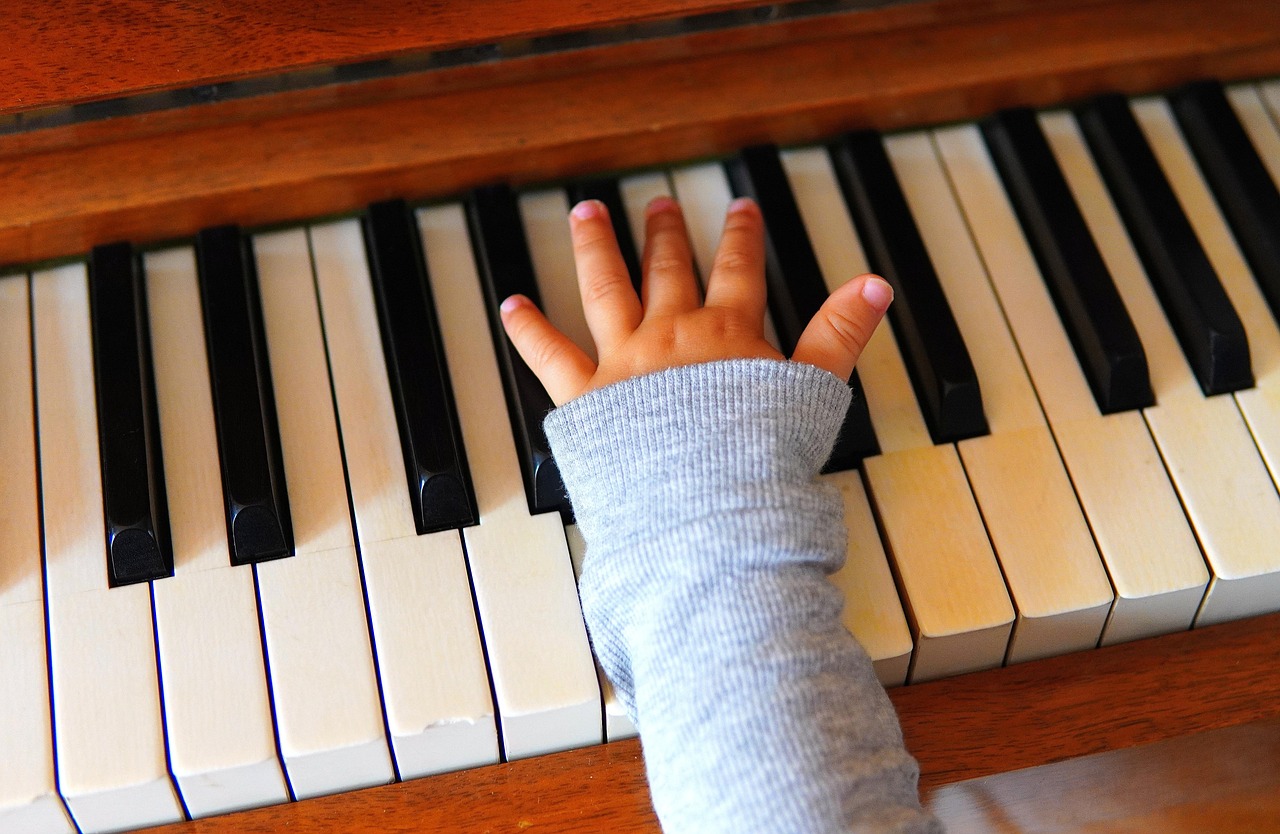Music has proven to help children improve their speech, language and social pragmatic skills, through imitating language and body movements, conversational lyrics, cooperative play and participation.
According to an study published in the National Library of Medicine, “The Association between Music and Language in Children: A State of the Art Review”, shows how music plays an important role in the development of language in children.
The current review provides evidence that music plays a critical role in language development in early life. This research has at least three implications worth mentioning.
 First, our review suggests that infants showed sensitivity to the rhythmic components of language, and this musical component turned out to be predictive for the development of expressive language components such as grammatical ability and phonological awareness.
First, our review suggests that infants showed sensitivity to the rhythmic components of language, and this musical component turned out to be predictive for the development of expressive language components such as grammatical ability and phonological awareness.
Second, the results of the articles selected showed that melody ability seems to be associated with complex and refined linguistic abilities, such as the processing of emotional prosody in linguistic phrases. This result suggests that music and language show a deep entanglement as well as largely similar developmental trajectories since the early years of life.
Third, our review highlights the effect of the home’s informal musical environment, such as ID speech, lullabies, and play songs, on later language development.
The repetitive nature of many children’s songs, such as “Row, Row, Row, Your Boat” and Twinkle Twinkle Little Star”, that help them learn basic parts of speech, specific sounds, and words. When words are put to music, it breaks them into syllables, often slows down the sounds of words and speech, and emphasizes key consonants.
Even if your child isn’t fluently speaking, they can express themselves through singing and music. The more a child hears and repeats these songs, the better understanding of language operates and helps build predictability. Try and get them to sing with you, pause at the end and see if they can complete the next words. Don’t forget to make it fun and celebrate their progress.
If you suspect your child has a speech, language, or hearing issue, it is important to seek out help.
At First Words Speech Therapy, our therapists are trained with extensive clinical experience which they continuously improve upon by remaining current with clinically proven, evidence-based evaluation and therapy practices. Our therapists are devoted to providing your child with the highest quality of care and we are here to help.


